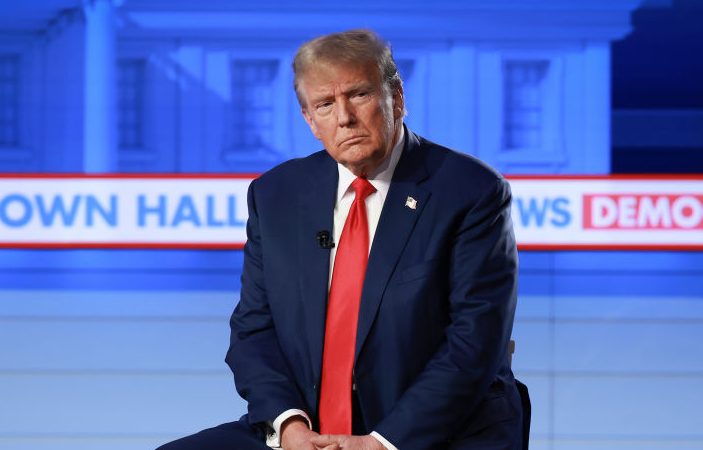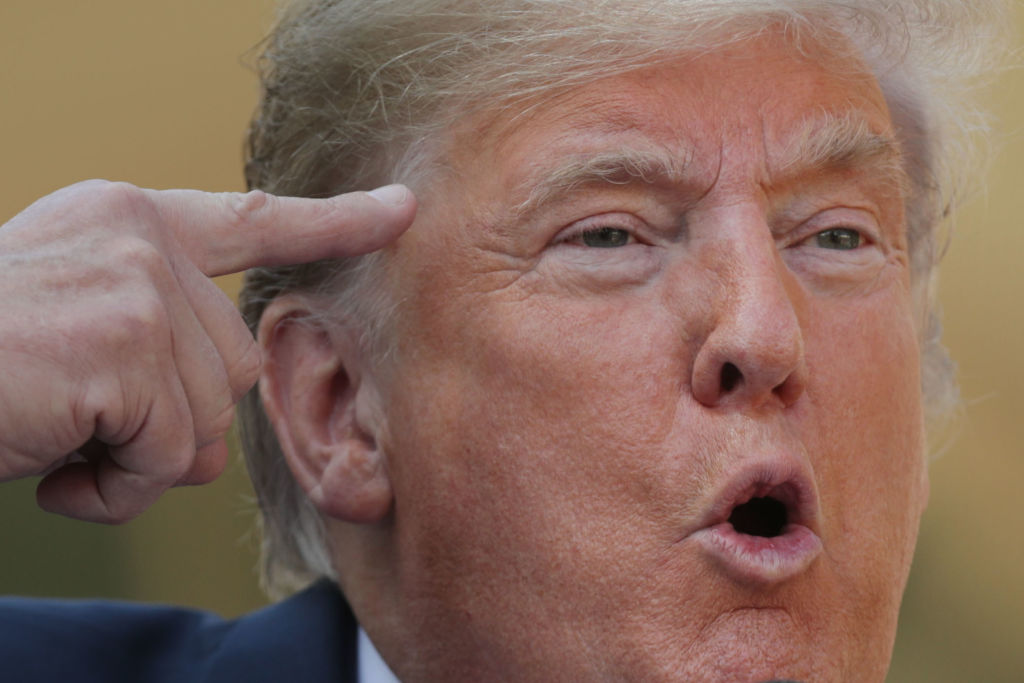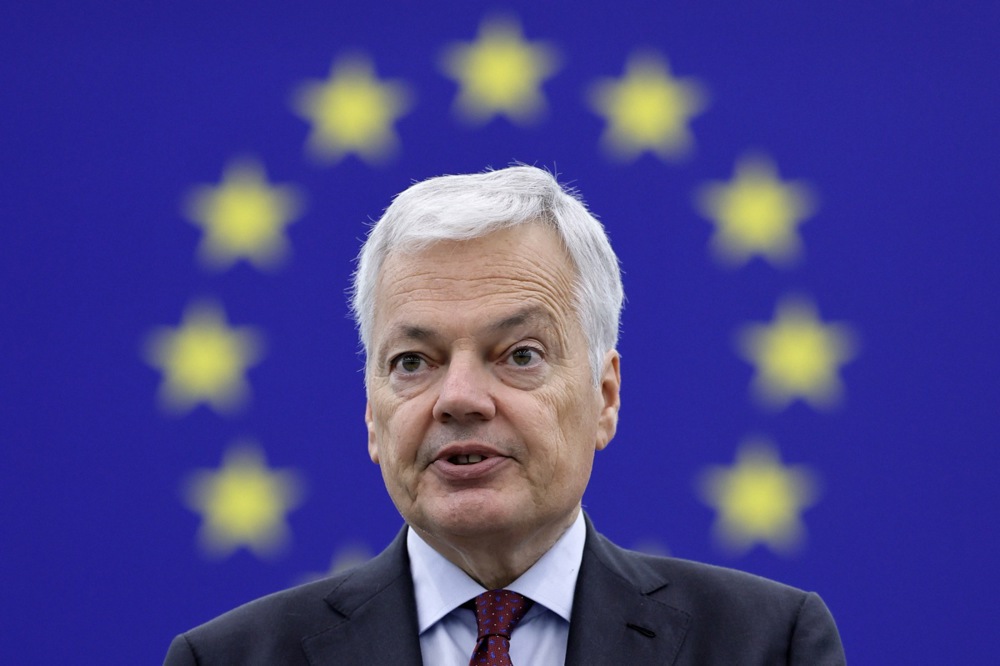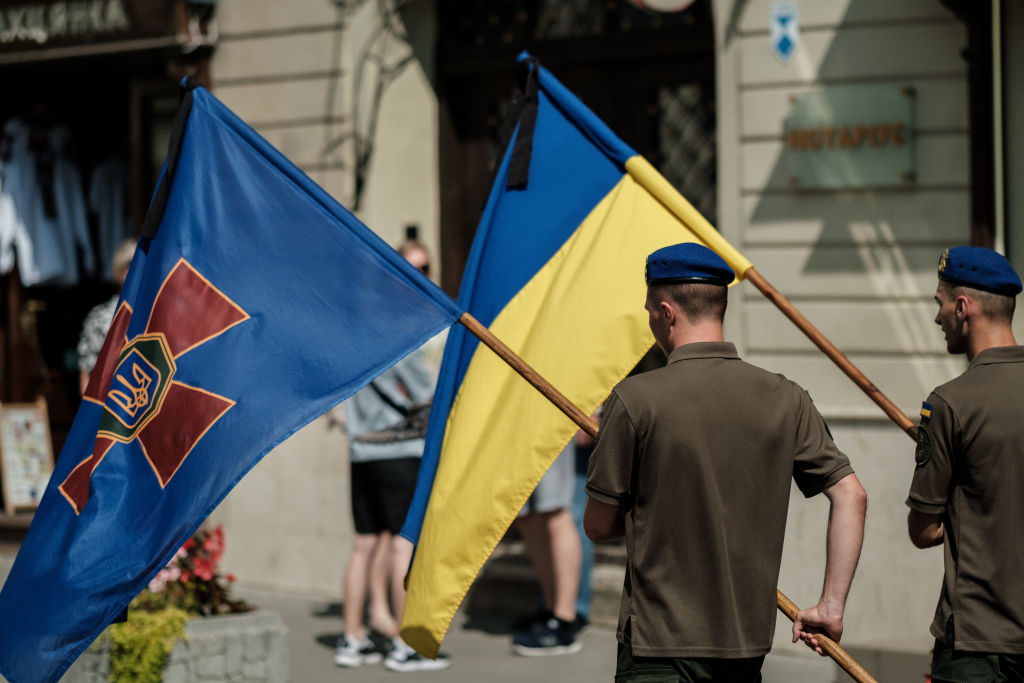According to a report allegedly written by a German diplomat at the country’s embassy in Moscow, Berlin plans to work for peace between Ukraine and Russia under the guise of “food security”.
According to the document, that would be in the context of “climate change” and the need to secure supply chains.
Brussels Signal accessed the explanatory report via unnamed sources on December 16, allegedly written by Martin Nissen, a Federal Foreign Office diplomat at the German embassy in the Russian capital. The same sources claimed that German foreign minister Annalena Baerbock was the “mastermind” behind the plan.
The apparent German initiative highlighted the war’s impact on agriculture in Ukraine and Russia — two of the world’s largest grain exporters. The conflict has disrupted harvests, damaged infrastructure and reduced global food supplies, particularly affecting African and Middle Eastern nations.
The document says talks with African Union officials earlier this year emphasised the potentially severe consequences of the food crisis.
German ministerial sources told Brussels Signal on December 17 that “the document does not reflect the position of the Federal government”. Several attempts have been made to contact the alleged author of the text, but none have been successful.
If implemented, Germany’s plan would align with the Global Alliance against Hunger and Poverty (GAHP), an initiative launched at the G20 summit in November in Rio de Janeiro that is set to be led by Brazilian Prime Minister Lula da Silva.
The report proposed that Russia and Ukraine acknowledge their “global food security” responsibility and engage in peace negotiations to restore agricultural production. This would, the document said, allow them to present themselves as “saviours” of the global food chain.

The proposal suggested the involvement of international facilitators — Brazil, India, the UAE and the African Union, with Germany as a key player, leveraging its role in the UN’s Right to Food Guidelines.
Germany is a major arms supplier to Ukraine. Earlier this year, Chancellor Olaf Scholz reaffirmed Berlin’s commitment to supporting the country militarily, including providing advanced weapons systems.
On December 9, the latest package of humanitarian aid sent to Ukraine was valued in $685 million.
The German proposal called for measures such as de-mining farmland, rebuilding ports and creating demilitarised buffer zones to restore food production and trade.
Alleged report author Nissen explained in detail some of the meetings he is said to have had to implement the plan. Among them was one with Russian foreign minister Sergei Lavrov. He was said to have been favourable.
The document stated that the Russians would accept the plan as their crops were negatively affected “by 20-30 per cent” due to environmental impacts, in addition to the economic difficulties caused by sanctions imposed by the West.
The deadline for implementing the plan was reported as January 2025. However, this document was written before the crisis in the German government and the failure of the confidence motion last Monday 16 December by the Social Democrat Chancellor Scholz.
The interview with @EuroBriefing on #Germany and his book “Kaput: The end of the German miracle” ?? ?? ??
Is now online
Don´t miss the full #interview https://t.co/mYD0kB8Vct #policy pic.twitter.com/4d5kDYo4v1
— Brussels Signal (@brusselssignal) December 5, 2024





